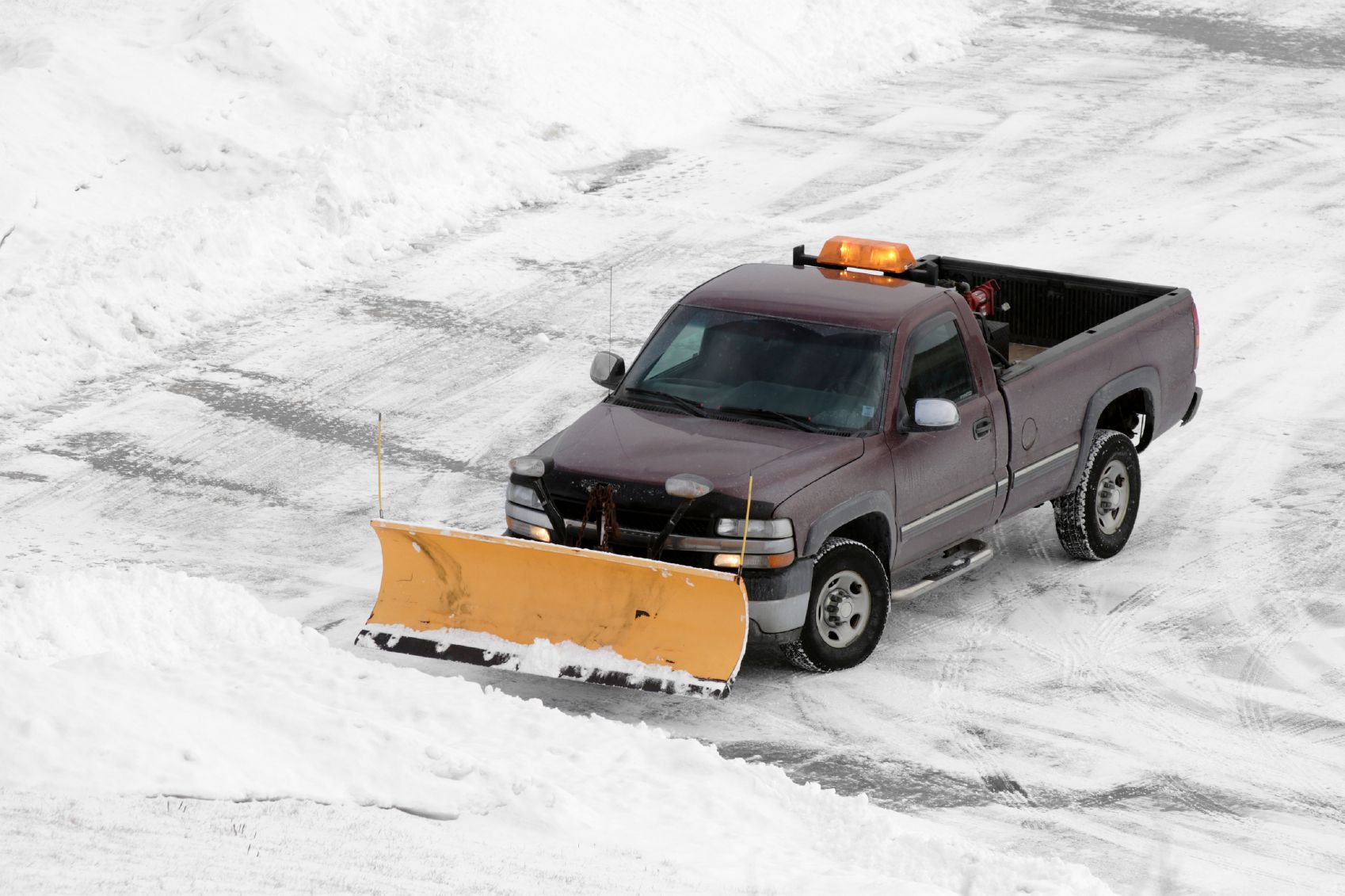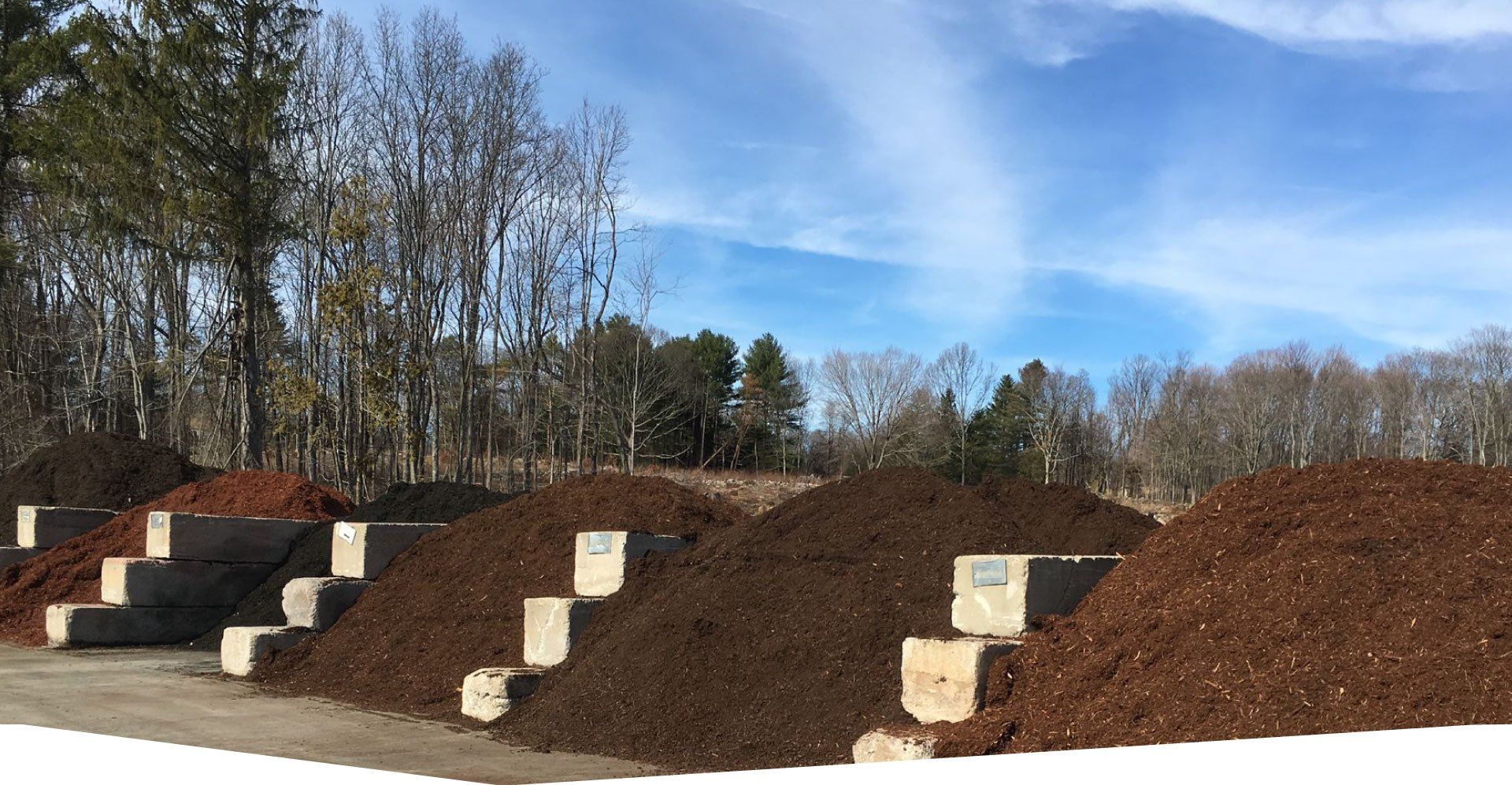
Mulch is organic material used to cover the surface of your soil to keep moisture, conceal weeds and provide an overall attractive appearance to your garden and landscape. Mulch can come in the form of wood chips, leaves, bark, and more. Deciding what type of mulch for your landscape and garden does matter.
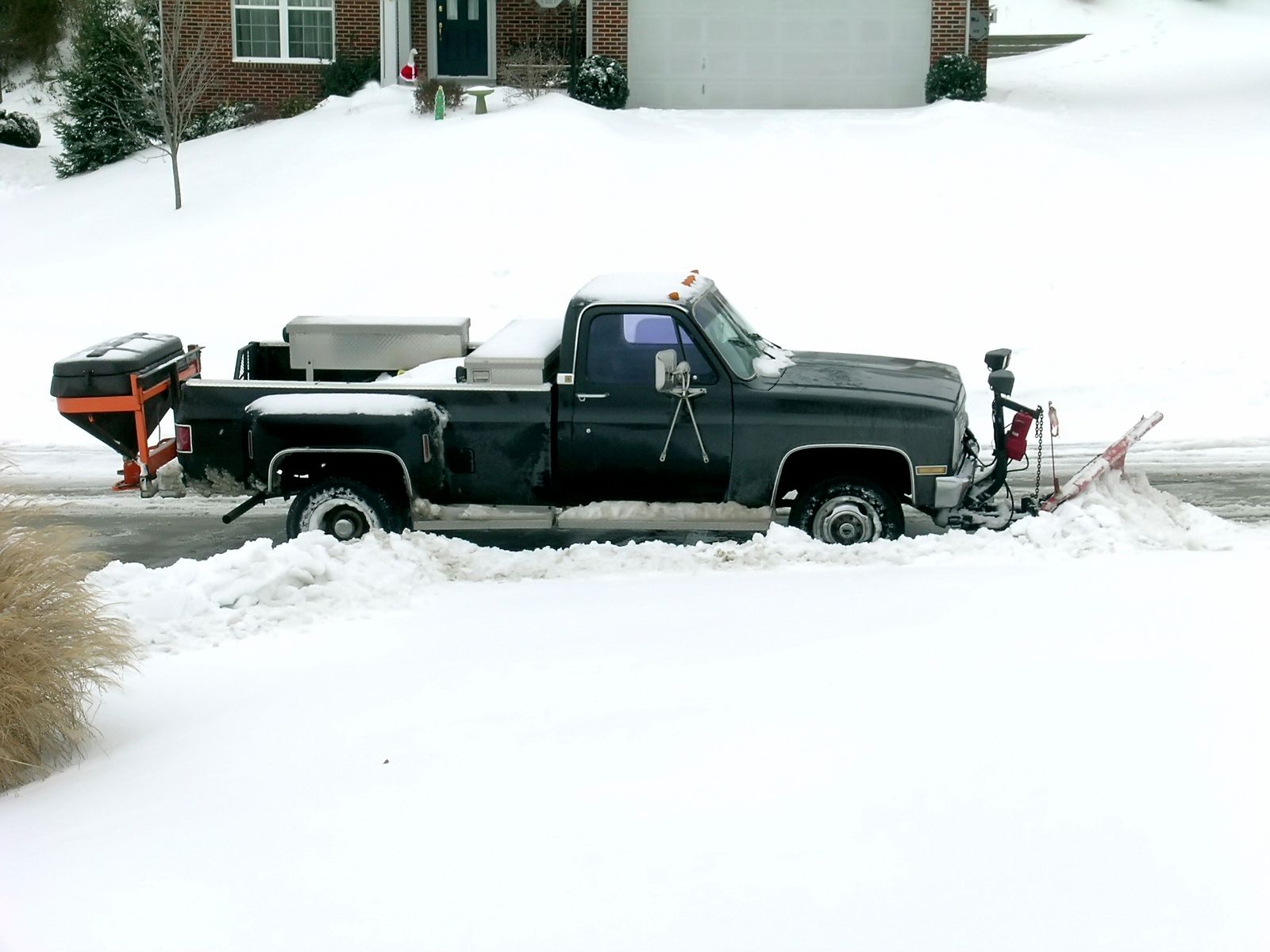
When it comes to ice melt products it is sometimes hard to distinguish what kinds to get. Knowing what is in your ice melt product and how it works can help determine what type of product you are looking for. At D.R. Charles Environmental Construction, we carry a variety of ice melt products, bulk salt and winter supplies products and can help you choose the right product for your driveway.
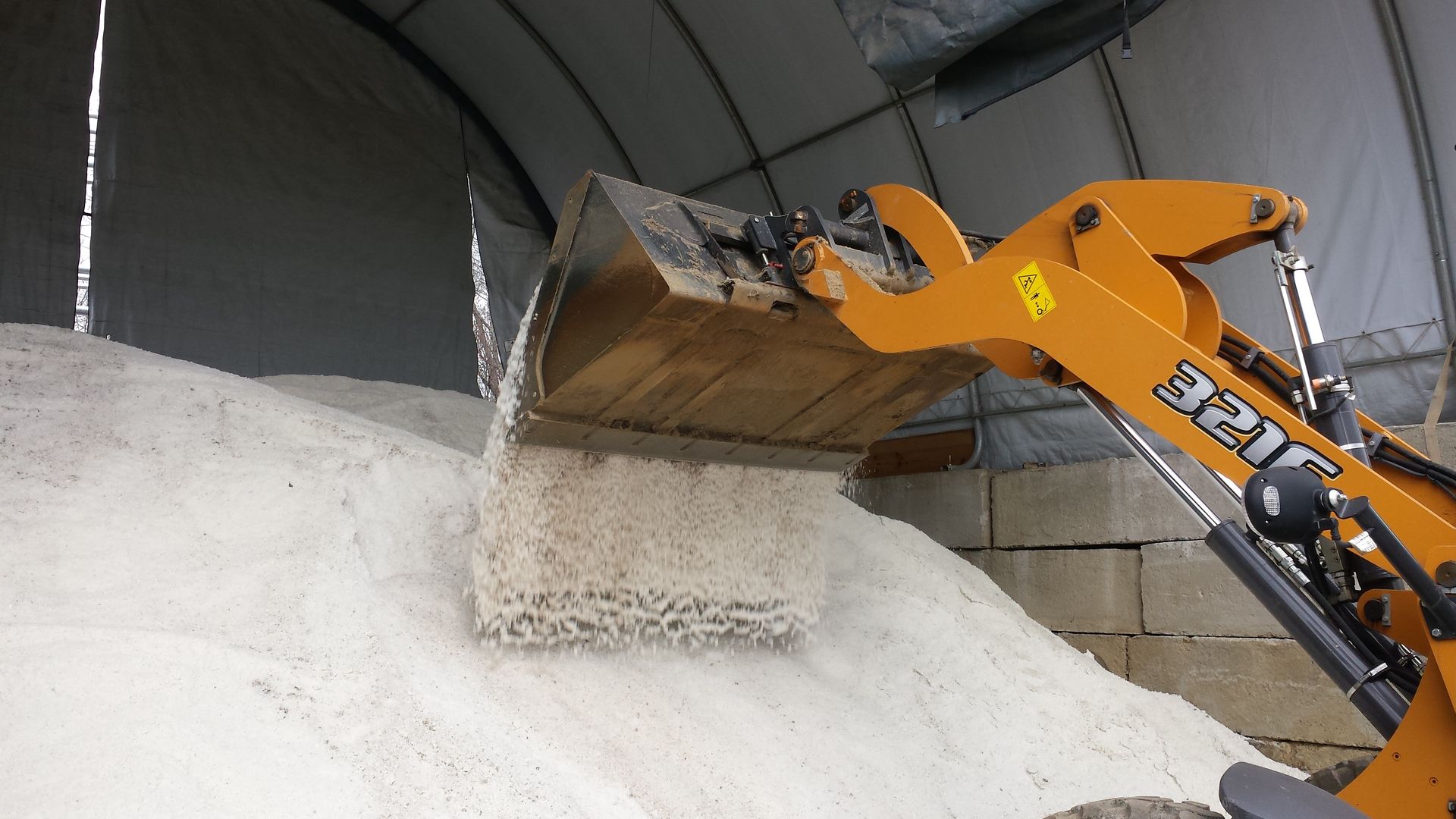
Prepare your driveway, sidewalks and walkways with our ice melt products. At D.R. Charles, we carry a vast array of ice melt and winter supplies products to ensure that you are prepared for winter. We carry Ice Melt Products in our store from Central Turf & Irrigation Supply one of the leading ice melt product companies.
These Ice Melt Products Include:
- Central Premium Melt Safety Green Crystals
- Central Commercial Melt Safety Blue Crystals
- Central Enhanced Melt Safety Purple Crystals
- Calcium Chloride Pellets
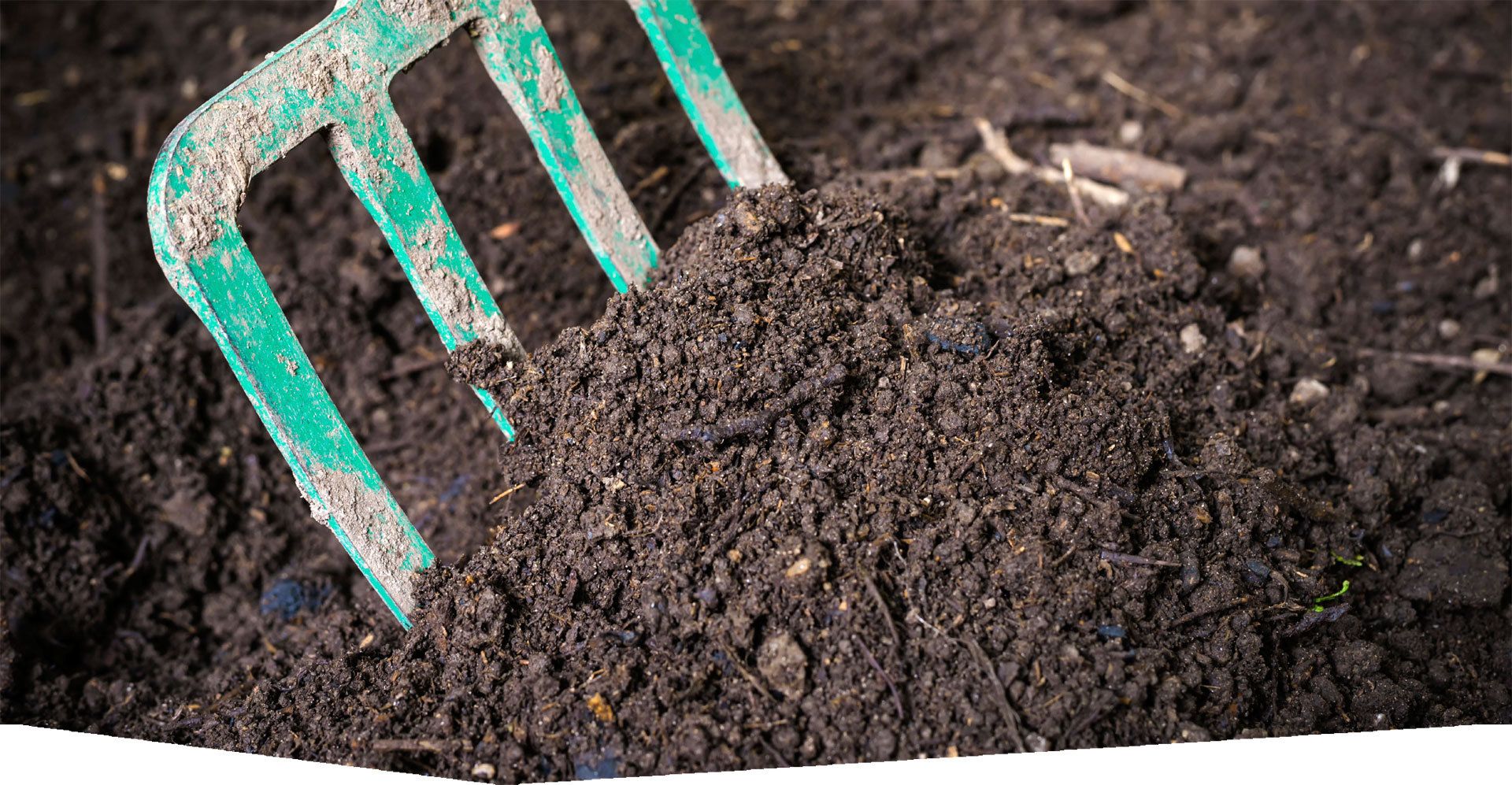
If you’re like most homeowners, you probably don’t give much thought to your topsoil. Dirt is dirt. As long as your plants are growing and the garden looks nice, you probably assume that the topsoil is doing its job just fine.
But the truth is, there are huge differences in kinds of topsoil homeowners have. Too often, we find that the root of our customers’ gardening issues lies within their topsoil. Sometimes homeowners choose the wrong topsoil, but most of the time, they’re fighting against the conditions that already exist on their property.
D.R. Charles Environmental Construction is here to help with your topsoil service. Whether your topsoil is too sandy or too silty, too acidic or too alkaline, we’ll help you figure out what’s going wrong and provide the tools to help you make it right.
Curious? Keep reading to learn more.

Bulk Products:
Salt/Sand Mixes: The sand improves vehicle traction due to its abrasiveness while the salt helps melt the ice.
Salt Mixes: Salt mixes help to lower the freezing point of water and melt the ice.
Bagged Products
Calcium Chloride Pellets: These pellets can melt ice and snow down to negative temperature conditions
Bagged and Bulked Products:
Magic Salt®: This is a biodegradable & environmentally friendly salt that can be safely used on cement and grassed areas.


